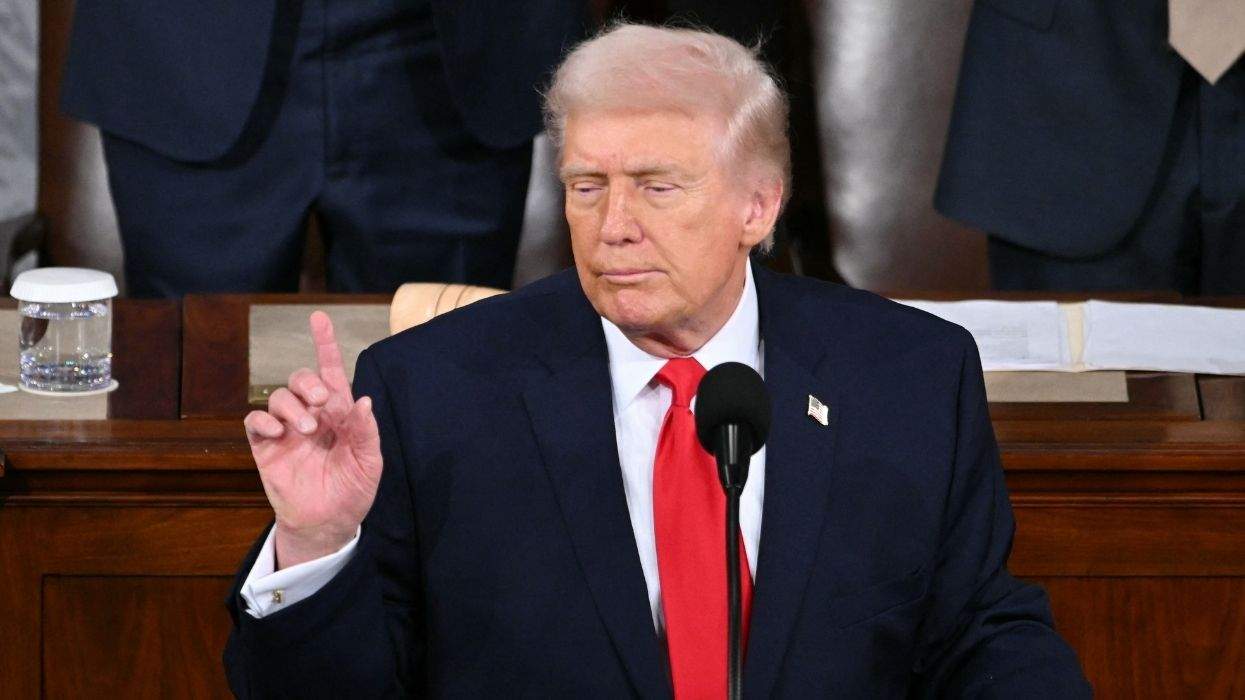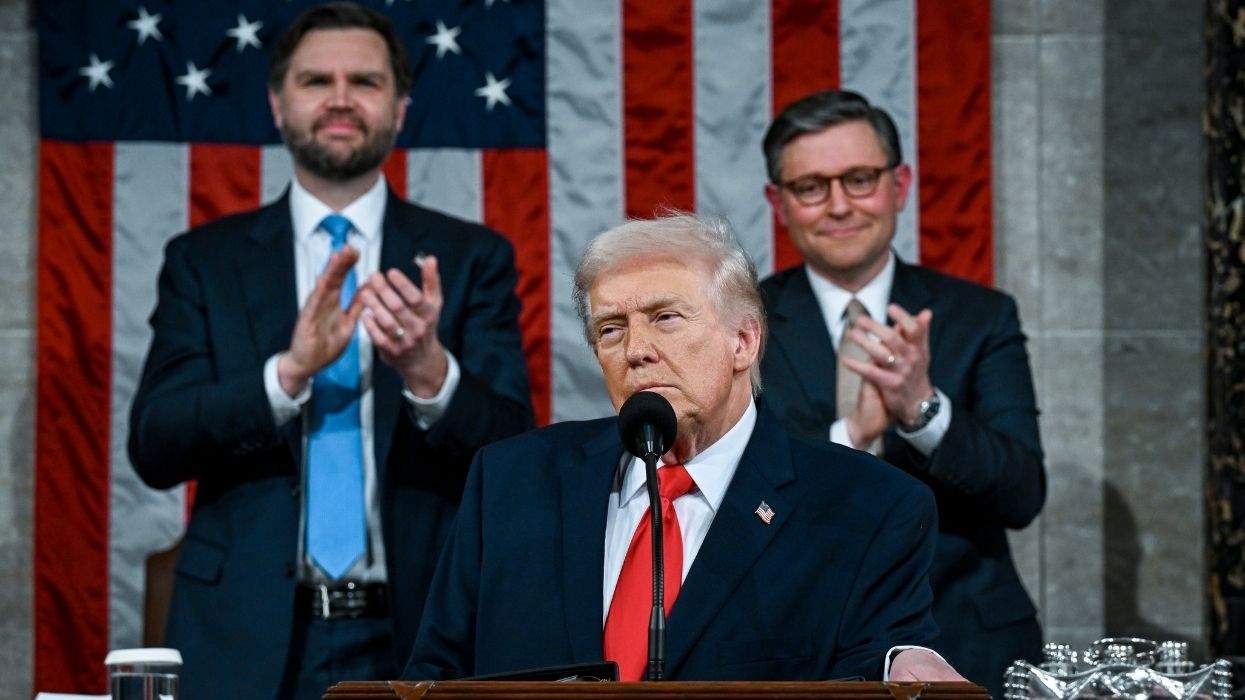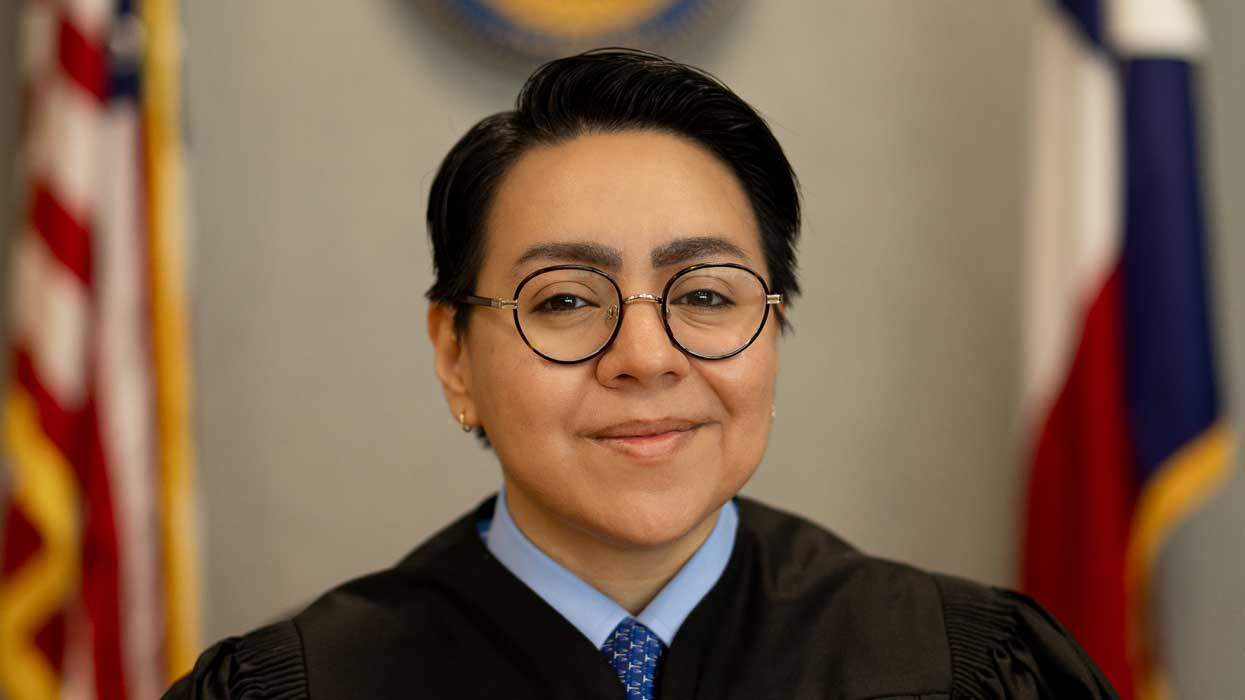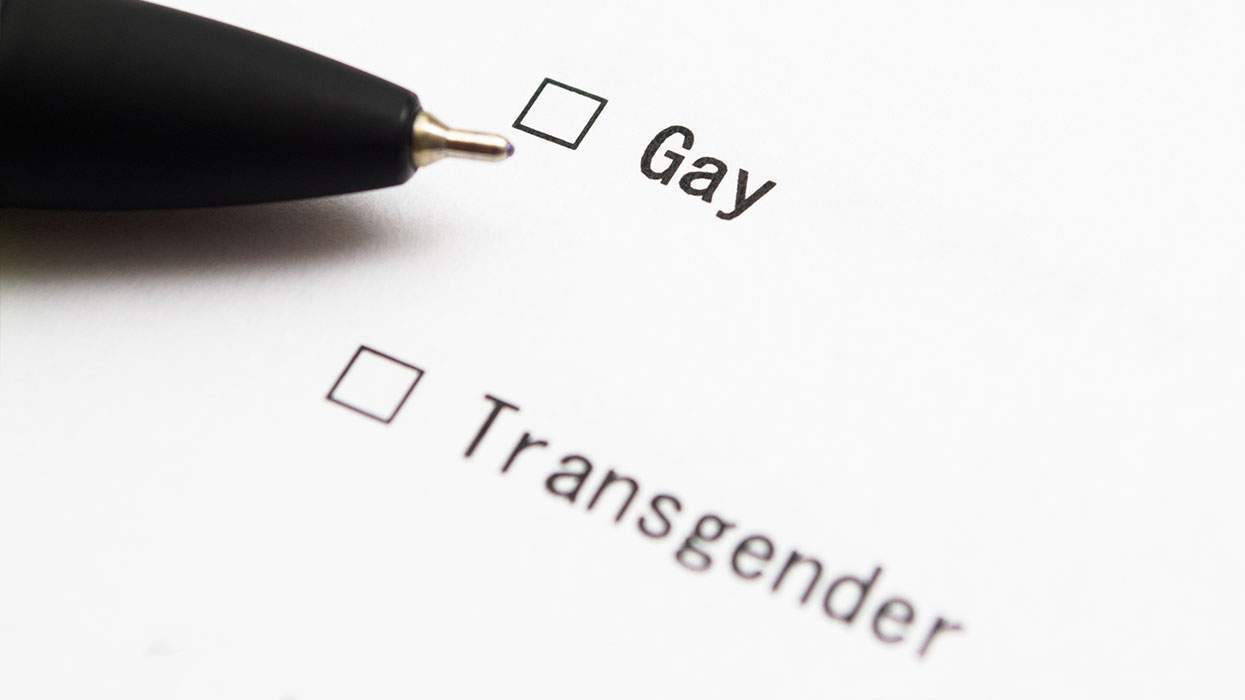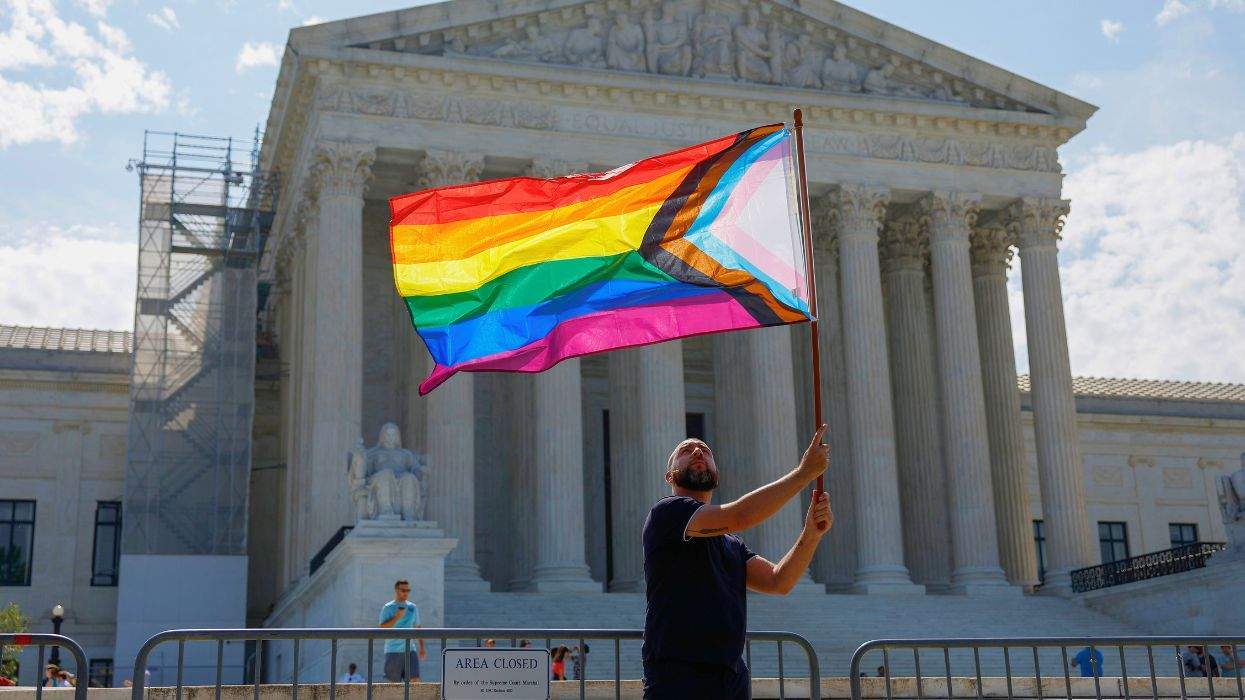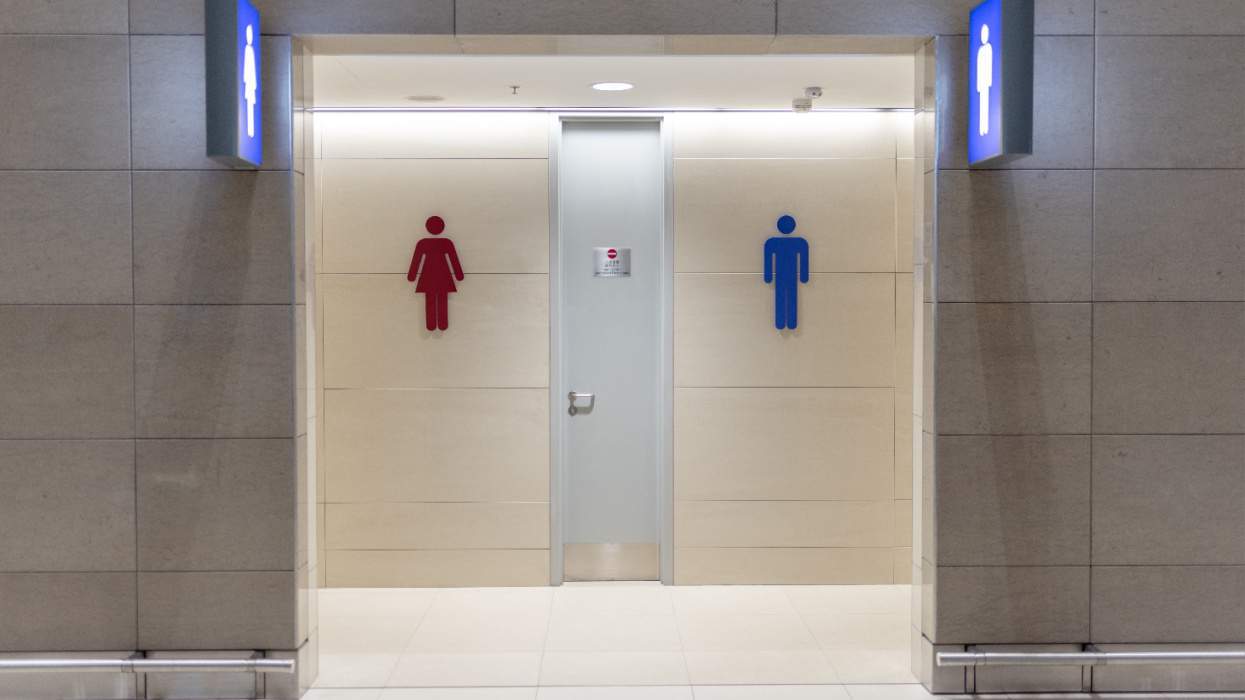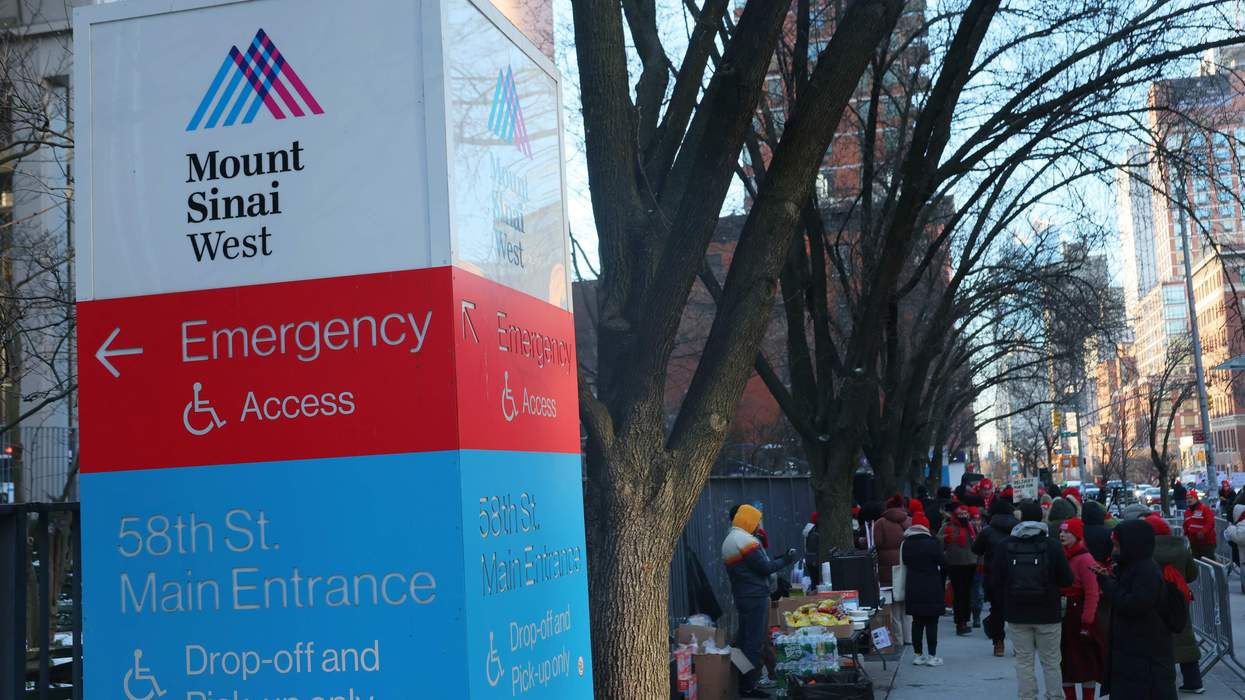The Reverend William Sloane Coffin, a former Yale University chaplain known for his peace activism during the Vietnam War, his continuing work for social justice, and his outspoken support for gay and lesbian rights, died Wednesday at his home in rural Strafford, Vt. He was 81. Coffin had been suffering from congestive heart failure and had been under the care of a hospice, said his daughter, Amy Coffin. "He was out in the sun. Everybody was talking, and then he was gone," Amy Coffin said. "Physically he was pretty debilitated, but spiritually he was not." Coffin was immortalized in the Doonesbury comic strip when its creator, Garry Trudeau, blended his character with that of a Trudeau roommate who became a priest, dubbing the fictitious clergyman "Rev. Sloan." Coffin gained prominence in the 1960s as an outspoken advocate for civil rights and against the Vietnam war. He joined a group of civil rights activists known as the Freedom Riders and was arrested several times at demonstrations protesting segregation. He became a leader of the group Clergy and Laity Concerned About Vietnam, which engaged in civil disobedience, including offering sanctuary in churches and synagogues to draft resisters. He often spoke of having a lifelong "lover's quarrel" with the United States. "Bill's voice was part of a chorus of conscience for a nation dealing with issues of poverty, war, disarmament, racism, and bigotry," said the Reverend Frederick J. Streets, current chaplain of Yale University Divinity School. "He distinguished himself by rising above and emerging out of his own background of privilege to speak on behalf of the poor. He had the voice of an orator, the language of a poet, the spirit of a pastor, and the conviction of a prophet." Coffin was the middle of three children born into privilege as the son of a wealthy New York City furniture dealer. As a teenager and aspiring concert pianist, he studied with the famed Nadia Boulanger in Paris. He went to Yale as a music student but left in 1942 to join the U.S. Army. He served until 1947, moving into military intelligence and attaining the rank of captain. He went back to Yale as a political science student in the late 1940s but developed an interest in theology and philosophy. In 1949 he enrolled in the Union Theological Seminary, but the outbreak of the Korean War rekindled his interest in fighting communism. In 1950 he joined the CIA. He said later he wanted to work against Stalin in recompense for his failure to intervene in the repatriation of Russian soldiers. Coffin left the intelligence service three years later and enrolled in Yale's Divinity School, receiving his bachelor's degree. A United Church of Christ minister since 1956, he spent a year each as chaplain at Phillips Andover Academy and Williams College. He became chaplain at Yale in 1958. In awarding Coffin an honorary doctorate in 2002, Yale praised its former chaplain, saying, "You changed the shape of college chaplaincy and inspired a generation of young people to challenge injustice. You urged, in the civil rights and antiwar movements, adherence to the highest moral principles." Coffin said his advocacy for the downtrodden was born of faith. "What this country needs, what I think God wants us to do, is not practice piecemeal charity but engage in wholesale justice," Coffin said in a PBS interview in 2004. "Justice is at the heart of religious faith. When we see Christ empowering the poor, scorning the powerful, healing the world's hurts, we are seeing transparently the power of God at work." He continued his activism after leaving Yale in 1976 and moving on to become minister of the Riverside Church in New York City. There he broadened his agenda to work on issues of peace, nuclear disarmament, poverty, homelessness, and protecting the environment. He was criticized by some in the congregation as too attentive to his social agenda at the expense of pastoral work and management of the church. He retired from Riverside in 1987 to Strafford but continued traveling the country lecturing on human rights issues, the arms race, and the environment. Long an outspoken supporter of gay and lesbian rights, Coffin delivered an address on that issue on the Strafford village green in November 2000, five months after Vermont passed a law allowing for civil unions between same-sex couples, granting them many of the rights and responsibilities of marriage. Addressing his remarks to U.S. Catholic bishops, who oppose broadening gay and lesbian rights, Coffin emphasized, as he had so often throughout his career, the loving rather than the punitive side of Christian faith. "For Christians, the problem is not how to reconcile homosexuality with scriptural passages that condemn it," he said, "but how to reconcile the rejection and punishment of homosexuals with the love of Christ." Coffin's longtime friend, historian and activist Howard Zinn, said he'll miss Coffin's humor. He recalled a speech in which Coffin spoke to a group of students about what to do after graduation. "He said, 'Remember this: Even if you win the rat race, you're still a rat,'" Zinn said. For all of his grappling with weighty issues, Coffin maintained a cheerful demeanor. "Hope arouses, as nothing else can arouse, a passion for the possible," Coffin said, according to Simpson's Contemporary Quotations. (AP)
Former Yale
chaplain William Sloane Coffin dead at 81
chaplain William Sloane Coffin dead at 81

